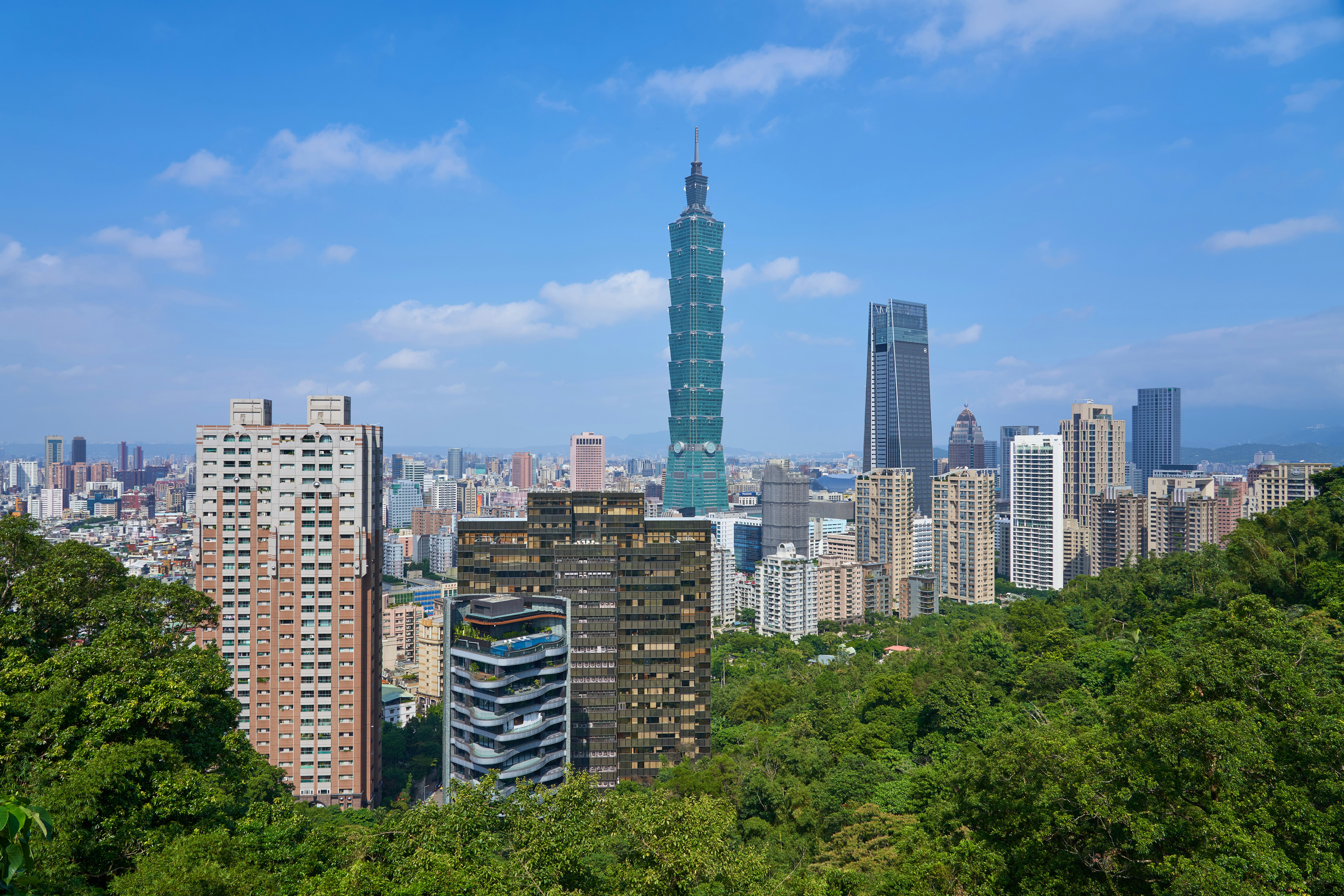Taiwan’s government faces paralysis—just when it needs strength the most
MPP student Vivi Lin, a Taiwanese gender equality activist and former Youth Advisor to Taiwan's central government, writes of the power of activism and the strength in democratic numbers.

Last week activists in Taiwan managed to save the gender equality budget from sweeping cuts, though other departmental budgets including foreign affairs and defence remain at risk.
These cuts are the latest move by Taiwan’s majority parliamentary coalition who last year passed a series of controversial bills that commentators and the ruling party, the Democratic Progressive Party (DPP), warned could paralyse departments and erode Taiwan’s democracy. Commentators have noted that the implementation of these measures began after legislators met with the People’s Republic of China (PRC) officials.
The opposition party Kuomintang (KMT) and its ally, the Taiwan People's Party (TPP) proposed more than 3000 individual cuts in total. One of the proposed changes included cutting the budget of the gender equality “headquarters” in Taiwan's central government to £75, a pitiful amount for advancing national gender equality which I have spent years campaigning for.
The result, amongst other things, could have been a sudden withdrawal of vital gender equality measures, including free period products on campuses, support systems for LGBTQ+ communities, and opportunities for women-owned businesses. What would this mean for the many marginalised groups who depend on this support?
Rights groups immediately formed emergency response coalitions. We aligned our strategies, drafted statements, raised public awareness, and mobilised those impacted to voice their opposition. An eight hour time difference resulted in cross-continent meetings in the early mornings, lectures in the School in the afternoon, followed by brainstorming and writing. The situation was moving rapidly, and my activist colleagues and I were on autopilot–we didn’t even have the time to consider just how absurd the situation was.
Within 48 hours, hundreds and thousands of furious Taiwanese citizens took to social media, numerous press conferences were organised, and the number of petitions to remove the opposition from office skyrocketed.
After all the hefty protests, the legislators withdrew their proposal to cut the gender equality budget, calling it “just a chip to urge the government to take their demands seriously”. On the bright side, as a democratic country, the power of voters prevented one public policy tragedy. But it showed how programmes like these, which are a lifeline to so many people in Taiwan, could be cut in an instant. Many budgets remain at risk of being slashed.
I believe this endangers Taiwan’s very democracy. Scholars, political analysts, and think tanks have warned that the chaos we now witness is part of a broader campaign by the KMT-led coalition to weaken Taiwan’s democracy through legislation. The coalition attempted to expand parliamentary power to acquire confidential information from the military and key corporations such as Taiwan Semiconductor Manufacturing Company (TSMC), giving rise to fears this would expose Taiwan’s defence capabilities and give the Chinese Communist Party (CCP) an upper hand in a potential cross-strait conflict.
Commentators have also noted that another part of the campaign is to paralyse the constitutional court. The KMT-led coalition passed an amendment to mandate a minimum of ten constitutional court judges to make decisions on any case. But after rejecting all judicial nominees and leaving just eight of these judges, the possibility of the court hearing any cases has stalled.
Legislation that is potentially unconstitutional will now enjoy a free pass, and laws that lessen restrictions on dual-technology transfers and foreign interferences in local politics will be passed even if they are unconstitutional, further eroding Taiwan’s democratic systems.
Destroying Taiwan’s democracy is equivalent to disarming Taiwan. Coupled with military intimidation, experts highlight that the CCP adopts a hybrid tactic to avoid the costs of full-scale military action by abusing the openness of democracy and working with people from within the parliamentary coalition. The CCP has never given up on annexing Taiwan. If the tactic succeeds, the CCP will gain a significant advantage in the potential invasion.
This episode has reminded us of an essential lesson: never take our liberties and democracies for granted, and stop letting complacency slip into our minds. The battle against democratic backsliding starts with democracies themselves.
Vivi Lin is a Jardine Scholar.

